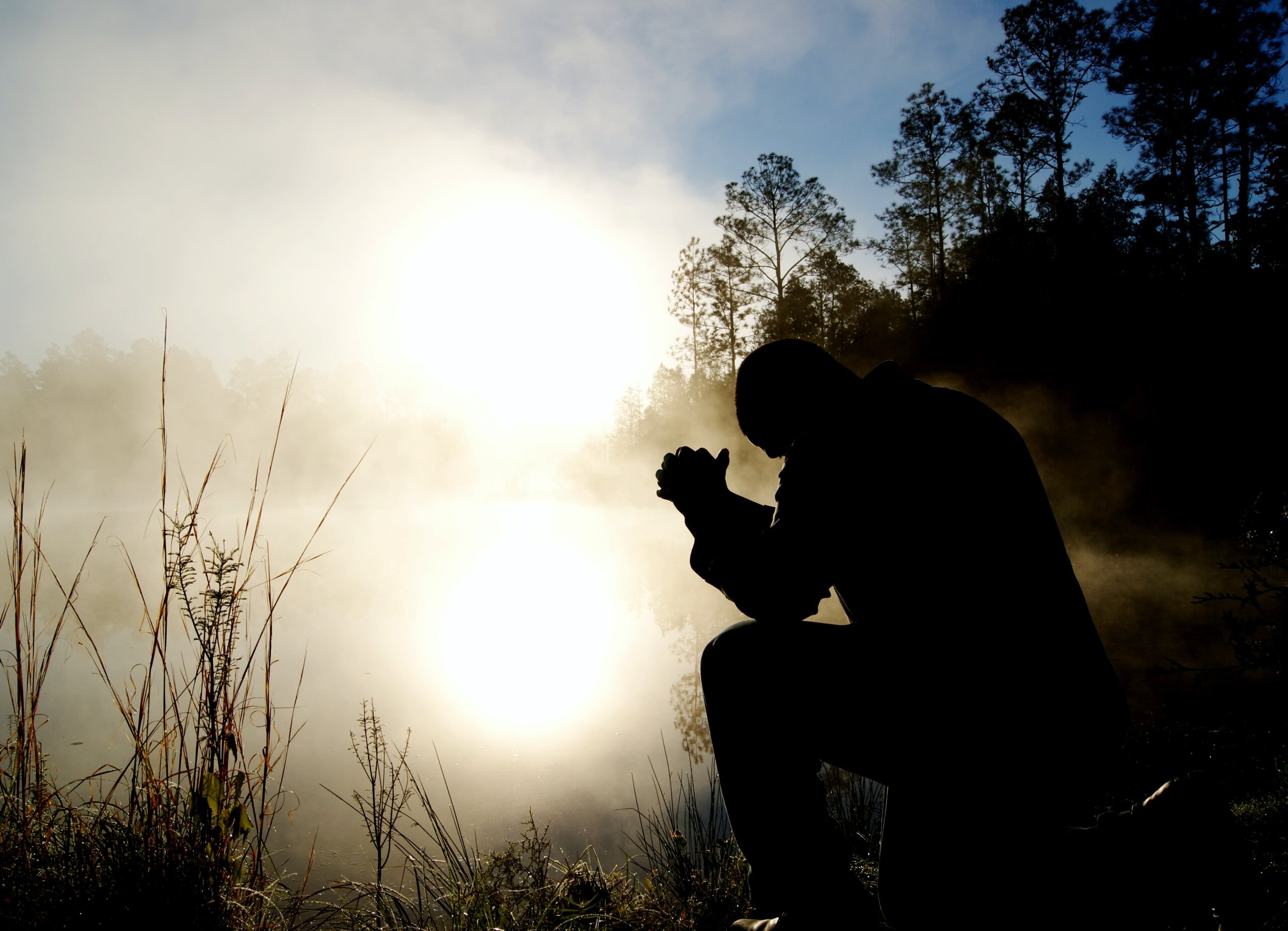The gift Jesus gave his mom
Jesus didn’t celebrate Christmas, and neither did the early Christians. Jesus wasn’t born in the winter either. There are several theories as to why we celebrate Christmas on December 25, but the most common belief dates the holiday back to the third century.
The Roman Empire marked the winter solstice, the shortest day of the year, by celebrating the “rebirth” of the Unconquered Sun (Sol Invictus) on December 25. People feasted, exchanged gifts, and celebrated the birthday of a deity called Mithra, a god of light and loyalty.
The church in Rome began formally celebrating the birth of Christ on December 25 in 336 AD. Rome was ruled by the emperor Constantine, whose mother was a strong Christian. It is believed that Constantine hoped to distract Rome’s citizens from the pagan celebration on that same day. Constantine’s efforts were not widely accepted, and Christmas did not become a major Christian holiday until the ninth century.
How did Jesus celebrate his birthday?
There is an easy answer to that question: he didn’t. Jesus was likely born in the spring, but birthdays weren’t remembered or celebrated by the Jewish people. There was one spring, however, when Jesus gave others, including his mom Mary, gifts for his birthday.
Jesus had been crucified and was near death on the cross when he uttered the words, “My God, my God, why have you forsaken me?” (Matthew 27:46). I’ve often heard that those words mark the moment when Jesus took on the sins of the world, our sins, and as a result experienced separation from his heavenly Father. But, I also like to consider those words as a gift of hope for his mother Mary and encouragement for his best friend John.
Matthew 27:46 is a direct quote from the first words in the twenty-second psalm, a psalm of David. David’s psalms would have been memorized and sung by the Jewish people of the first century. Jesus would have known this psalm very well. We know Mary and John were at the cross because Jesus instructed John to care for his mother. It is a safe assumption to think that both Mary and John were deeply grieving all they were witnessing. Jesus loved these two people and, even in his own pain, would have felt theirs as well.
So, Jesus gave his mom and his best friend a gift on the cross. He said, “Eli, Eli, lema sabachthani,” the first line of a well-known psalm. Jesus knew his beloved mom and friend would know the rest of that favorite psalm of King David.
The gift Jesus gave
If you have time, read all of Psalm 22 with this perspective. Consider what these words would have meant to the two people who were sitting at the foot of the cross. Jesus knew he was about to die and gave the gift of hope to these two people he cared about. Psalm 22 is a reminder that God delivers his people and can always be trusted, even in the most difficult of times.
I like to picture Mary reciting that psalm to herself in the days that followed Jesus’ death. What did she feel when she came to the words, “Yet you are he who took me from the womb; you made me trust you at my mother’s breasts. On you was I cast from my birth, and from my mother’s womb you have been my God” (Psalm 22:9–10)? Had Jesus thanked Mary from the cross for all she had done to give him life and raise him in the knowledge of God?
I like to picture John as he remembered the psalm Jesus quoted from the cross. How did John feel when he considered the words at the end of the psalm? David’s psalm begins with the words Jesus cried out to Mary and John, but the final stanza of the psalm says, “All the prosperous of the earth eat and worship; before him shall bow all who go down to the dust, even the one who could not keep himself alive. Posterity shall serve him; it shall be told of the Lord to the coming generation; they shall come and proclaim his righteousness to a people yet unborn, that he has done it” (Psalm 22:29–31).
The gift Jesus gave his mom from the cross was the gift of hope and the gift of knowing that both of them had fulfilled their highest purpose on earth. Mary gave birth to Israel’s Messiah.
John had been called to be a follower of Jesus and would ultimately suffer for preaching the gospel. Yet John understood the “rest of the story” could be found in the final words of Psalm 22. “Posterity shall serve him” and “they shall proclaim his righteousness” to all people.
How would Jesus celebrate Christmas?
This is a big, busy, important week of the year. In the busyness let’s remember why we celebrate. Jesus celebrated the season of his birth by accepting a cross for the sins of the world. Jesus gave the gifts of love and hope to those at the cross. Jesus gave Mary and John, and maybe himself, the gift of encouragement as well. There is no greater joy for a child of God than to be blessed and rewarded for fulfilling our eternal, kingdom purpose.
Jesus celebrated the season of his birth by gifting the world with his perfect sacrifice for every sin and the promise of eternal life. We who have received the gift of Christ have received everything Jesus was born to give.
Merry Christmas!
I hope you have a blessed and merry Christmas this year, filled with the joy and laughter of those you love. It is fun to give and fun to receive—but let’s remember to honor the One who gave everything so that we can celebrate with the hope of an eternity filled with everlasting joy, peace, and comfort.
Merry Christmas to all of you, and blessings for the coming year!








